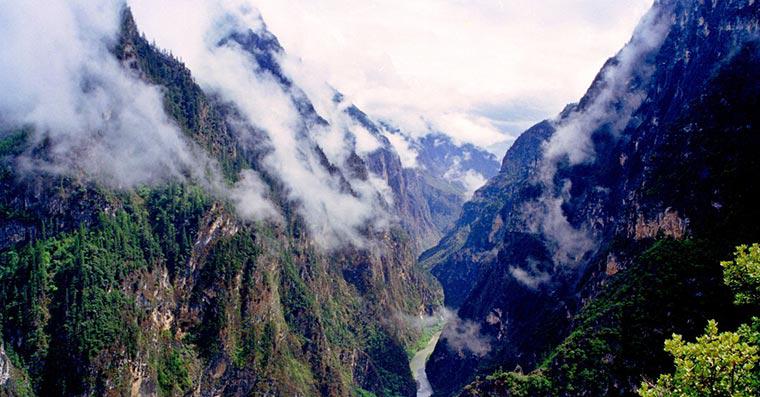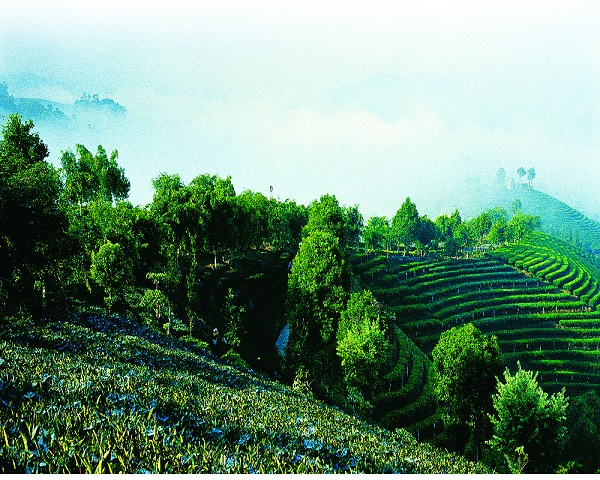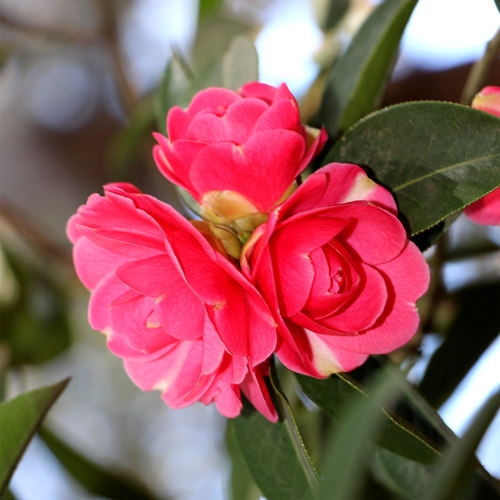
Zhanglang Village, Menghai County, Xishuangbanna
“Zhanglang” (Pinyin in Chinese) is a Dai language, “Zhang” stands for the “elephant”, and “Lang” implies “Frozen”, “Zhanglang” could literally be translated as the “place of the elephant becoming frozen”. Bulang family history of tea culture relics is preserved here until now, and the Bulang Eco-museum is built in the village, and living fossil like tangible and intangible cultural heritages exist among daily life of the villagers.

The oldest ancient tea trees in the village are about 1700 years. And there is original tea making method extending over thousands of years here. All people of Bulang ethnic group is religious, while Theravada Buddhism serves as the fundamental belief, and the entry into the Buddhism to Burmese temple serves as a necessary stage of each boy, and some people even acts as the monk through a lifetime.

The "millennium ancient village, millennium ancient temple, millennium ancient well, millennium tea tree, millennium tea planter and millennium tea custom constitute the "six treasures" of Zhanglang Village. Roaming amid the village, black hanging tiles and frame houses built along the hill are staggered, overlapped, delicate and unique, deep and vast Longshan Forest, Daxiang Well, ancient post road, ancient Jingsang ruins and other resorts, without exception, show unique charms of Xishuangbanna.

Travel Tips:
1. It is suggested to better take chartered bus to these scenes. If you would like to take the bus, you could take the regular bus to Menghai in Jinghong Passenger Station, then transfer in Menghai and head for Xidingxiang Village, and then take a local car.
2. There is no restaurant operating externally, you may choose to temporarily lodge at a local family,or you could also bring a sleeping bag.
3. Don't miss out the opportunity to take some Pu'er tea here.

(Source: Yunnan Niche Travel)



